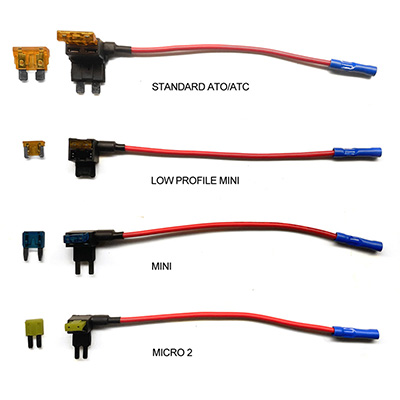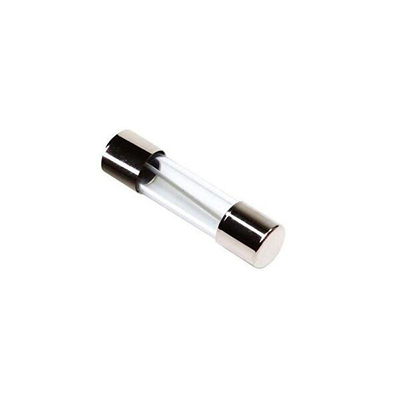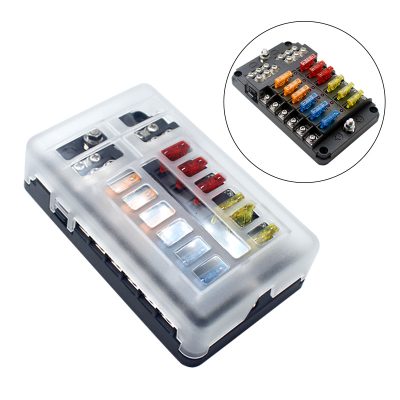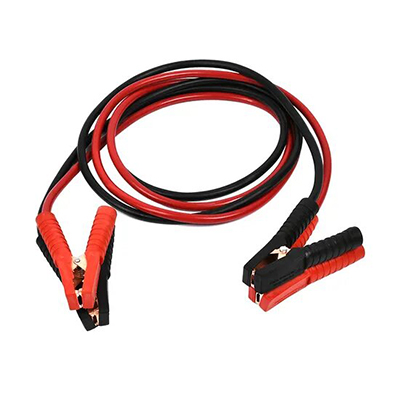Enhancing Electrical Safety and Efficiency in RC Cars and Hobby Vehicles Using Fuse Taps
News 2025-10-20
Fuse taps are indispensable tools in the realm of radio controlled (RC) cars and hobby vehicles, offering a simple yet effective way to expand electrical capabilities. These devices allow users to tap into existing power sources by integrating into standard fuse slots, enabling the addition of accessories like lights, sensors, or audio systems without complex rewiring. By incorporating built-in fuse protection, they safeguard against short circuits and overloads, which is critical in high-vibration environments where electrical failures can lead to costly damage or safety hazards. As hobbyists push the boundaries of customization, fuse taps provide a reliable solution that balances innovation with risk mitigation, making them a staple in modern hobby electronics.

Key Applications in Hobby Vehicles
In RC cars, fuse taps are widely used to power enhancements such as high-beam headlights for better visibility during night operations or integrated cameras for first-person view experiences. They also support drone modifications by supplying energy to GPS modules and obstacle avoidance systems, while in model boats, they facilitate the addition of navigation aids and propulsion controls. This flexibility extends to other hobby vehicles like airplanes, where fuse taps can energize servos or telemetry devices. Their ability to integrate seamlessly into various setups makes them ideal for both casual users and competitive enthusiasts seeking to optimize performance without compromising the original design.
Performance and Reliability Benefits
Fuse taps deliver superior performance by maintaining precise circuit protection through compatible fuse ratings, ensuring that added components operate safely under load. Their compact design allows for easy installation in tight spaces, often without specialized tools, which minimizes setup time and reduces the chance of errors. Constructed from robust materials, they withstand environmental stresses like shocks and temperature changes, enhancing longevity in demanding hobby applications. Additionally, fuse taps promote energy efficiency by drawing power directly from existing systems, reducing the need for separate batteries and lowering overall weight, which is particularly advantageous in speed-sensitive RC racing.
Practical Installation Tips
Effective use of fuse taps begins with selecting a fuse slot that matches the amperage needs of the intended accessory to avoid overloading. Installation typically involves removing the original fuse, inserting the tap adapter, and securing connections with proper crimping or fasteners for reliability. It’s essential to test the circuit post-installation using a multimeter to confirm voltage stability and fuse functionality. Regular inspections for corrosion or loose fits can prevent failures, and choosing high-quality taps with gold-plated contacts ensures better conductivity and durability over time.
Frequently Asked Questions
1. What is a fuse tap and how does it function?
A fuse tap is an adapter that fits into a vehicle’s fuse box, allowing an additional circuit to share the same fuse protection as the original setup.
2. Can fuse taps be used with different types of hobby vehicles?
Yes, they are versatile and compatible with RC cars, drones, boats, and more, as long as the fuse system matches standard automotive types.
3. What are the main advantages of using a fuse tap?
They offer easy integration of extras, enhanced safety through existing fuse mechanisms, and improved reliability without significant modifications.


